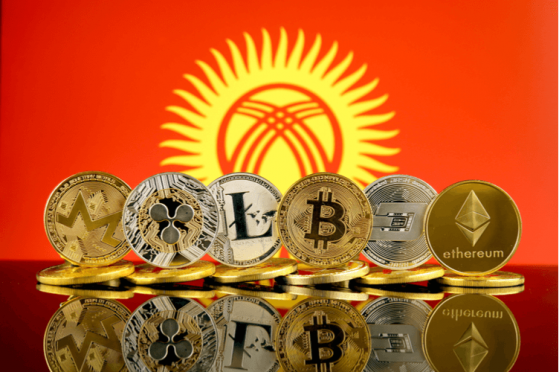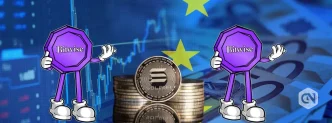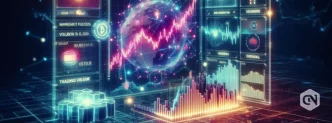Blockchain technology has been absolutely revolutionary across industries and sectors. Ever since it was launched way back in 2009, the tech has grown to become one of the best creations of the 21st Century.
The innovative tech has now several sectors under its wings, right from agriculture to banking and finance. The technology has created huge respect for itself among tech enthusiasts and big corporations too. For instance, giant American companies, like JPMorgan, Microsoft, IBM, HSBC, Apple and Facebook, have all established their own blockchain divisions. And it’s not the Americans who are ruling the space. Asia, including the Middle East, has been the region with the most activities in the blockchain space as big corporations like Alibaba have begun using the technology.
However, there are several novel uses of the technology, too, which seem to be identified by the UNICEF, and one of these is to provide Internet to schools of lesser developed regions. The organisation is currently in talks with the government of Kyrgyzstan to implement blockchain technology for providing Internet to every school in the Central Asian country, under the Project Connect initiative.
Under this project, about 1,560 schools, which had poor or no connection, will be benefited. Munir Mammadzade, a UNICEF official for Kyrgyzstan, stated that providing Internet access to schools is one of the primary motives of the organisation for Kyrgyzstan. He further added that currently, the main focus is on mapping, connectivity and sorting accounting hurdles for the plan to be implemented.

Blockchain technology will be the base for implementing the project, as it offers a dynamic approach for management, accounting, monitoring, and recording, which would facilitate the country to come online. This approach from UNICEF has much potential for success than simply infusing capital and expecting things to change. Technology-driven approach for development is the need of the hour, as it will lead to better efficiency and cost-effectiveness while expanding the reach.
UNICEF is already betting quite heavily on the Distributed Ledger Technology. In December 2018, the organisation poured in $200,000 in blockchain based start-ups, from the UNICEF Innovation Fund. These funds will be utilised to come up with various blockchain based solutions for various projects, like the One in Kyrgyzstan. If the project turns out to be successful, it can be imitated in other underdeveloped countries like India, at least on a state level.
Implementation of blockchain apart from mere capitalisation and commercialization is extremely important. The full potential of innovative tech cannot reach without using it for philanthropic efforts. Working in a similar direction, American technology behemoth IBM recently announced that it would be developing a blockchain based platform to eliminate the evil of counterfeit drugs in the African nations.
Research and studies have shown that blockchain can be used in several public benefit programmes. Some of these studies proved that providing access to innovative technology to weaker sections can uplift them. Right from establishing transparency in electoral procedures, to modernising bureaucracy, the tech has several benefits for the public space.
In fact, governments of countries like Australia, Canada, and Argentina have already partnered with IBM, to provide blockchain based solutions for various departments, in a bid to improve efficiency and reduce costs.
Blockchain becomes more important in a country like India, where the banking system is robust, however, people like Vijay Mallya and Nirav Modi have still managed to get away with humongous funds from banks. Experts believe that such incidents and scams can be prevented by implementing blockchain, as the technology ensures absolute transparency, which discourages corruption due to the fear of being caught.
Apart from this, using blockchain in elections is also a great way of serving society. People of India have divided opinions on the credibility of EVM machines, many crying fouls from a specific section. Adding blockchain to EVM, or separately in elections will re-instill the faith in democracy.







